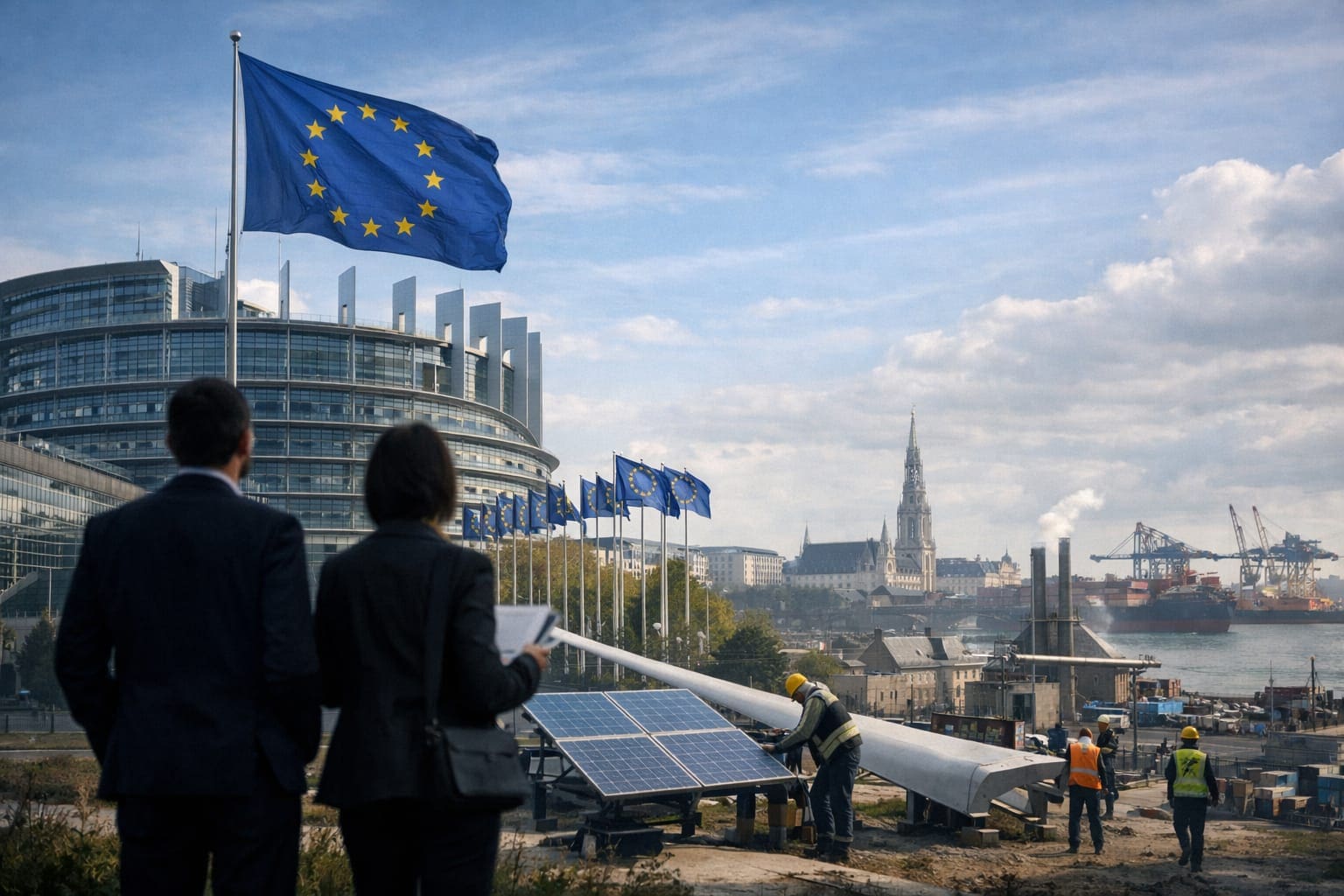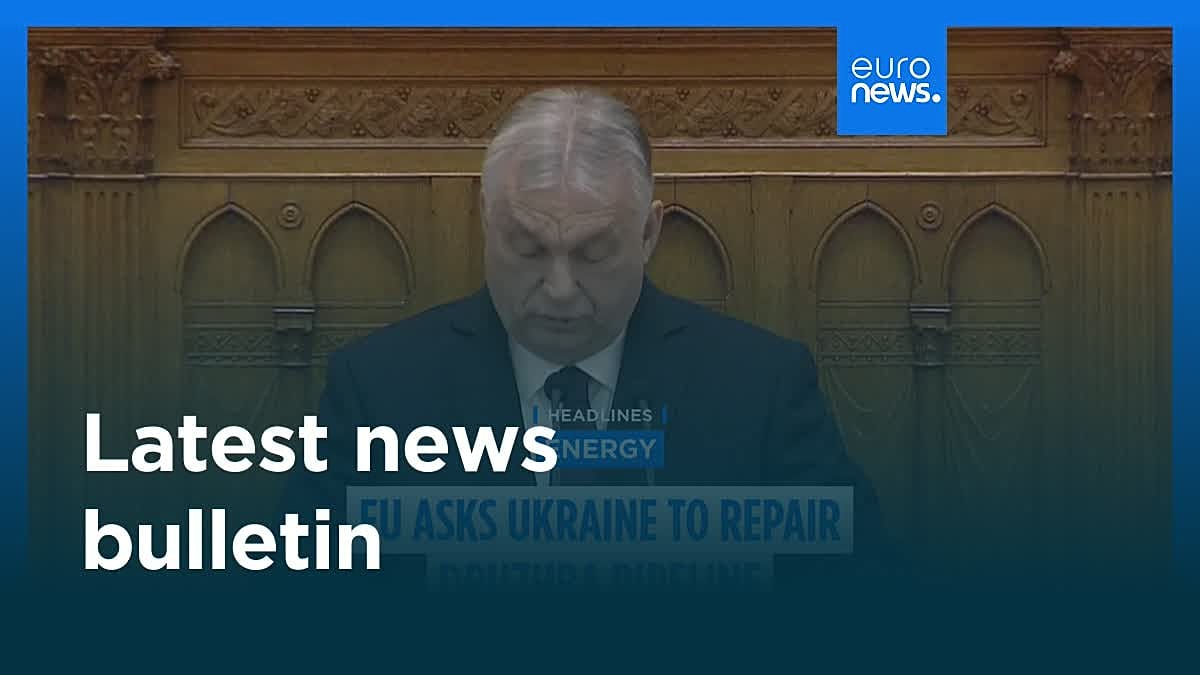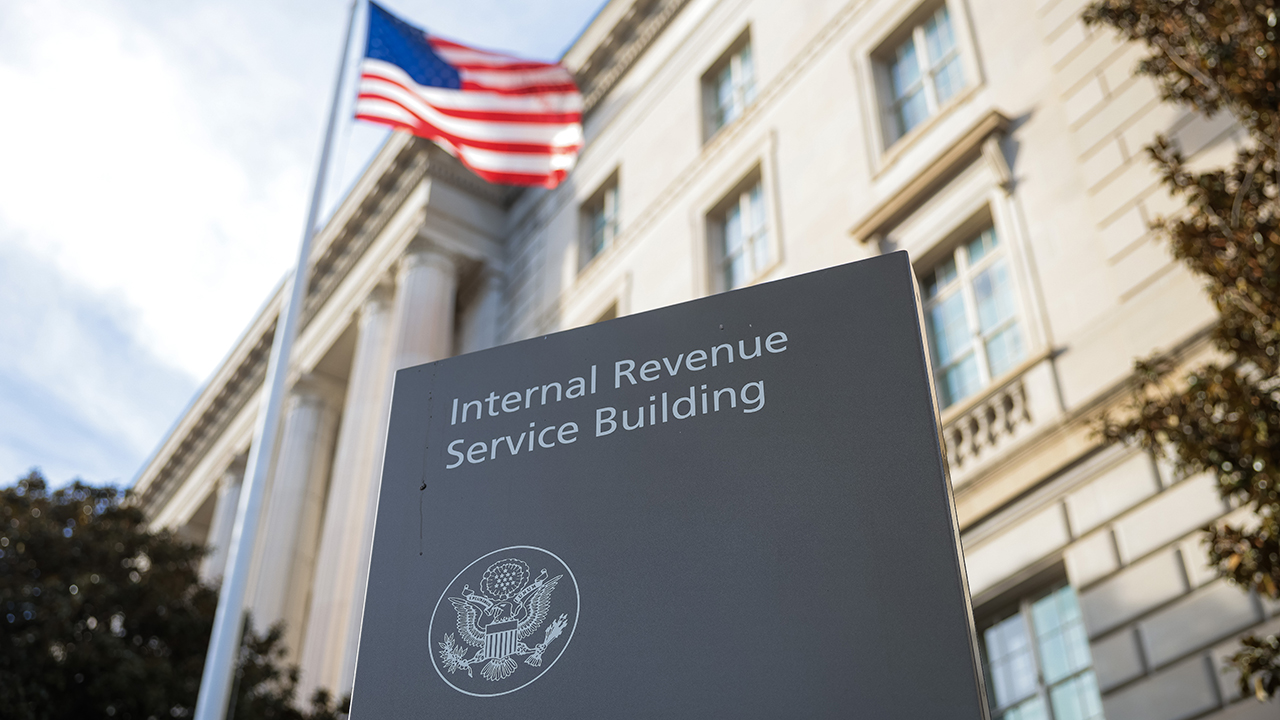Easing the path for European startups: Towards a simpler, more competitive single market

The report blends data-driven analysis and interviews with over 50 ecosystem leaders to deliver a comparative analysis across EU countries. The report provides a solid foundation for shaping EU-level action and supporting national efforts to reduce administrative barriers.
“To further enhance competitiveness, the EU should focus on simplifying administrative processes, fostering cross-border collaborations, and providing more robust support for emerging industries. By doing so, Europe can unlock its full potential as a global startup hub,” shares Vlad Gliga, CEO of Romanian co-working space Rubik Hub.
Addressing single market fragmentation
One of the clearest findings is that Europe often operates more as a patchwork than a unified space when it comes to startups. Initiatives such as the EU’s Startup Nations Standard (SNS) provide a clear framework to guide Member States in identifying and implementing best practice policies that benefit startups.
Although recent years have seen progress, implementation of such best pratice policies continues to vary across Member States.
The fragmentation starts at the very start of a startup’s life: the moment of incorporation. Currently 6 EU countries offer fully online company registration, with most Member States still requiring multiple administrative steps.
This fragmentation extends far beyond incorporation. Startups expanding across borders can encounter divergent rules on certification, product standards, consumer protection, packaging, and taxation. While the VAT One-Stop Shop has reduced some administrative friction, companies frequently need local legal or accounting support to ensure compliance.
This raises costs and can discourage young firms from entering new markets – especially those operating in regulated sectors like mobility, health, energy or food systems.
Processing of Visas for 3rd Country Talent can be slow
For global tech and entrepreneurial talent Europe is one of the world’s most attractive places to work. However, relevant visa frameworks for such professionals are fragmented across EU countries. While startup and digital-nomad visa schemes exist, they vary widely in criteria and salary thresholds, creating uncertainty for high-growth companies that need to hire quickly. In addition, processing of visas is often slow with only nine EU countries processing startup-related visa applications within one month.
The EU Blue Card is an instrument to streamline the visa landscape for high skill professionals who wish to work in the EU. However, use of it by Member States is uneven. For example, in 2023 Germany accounted for 77% of all EU Blue Cards issued.
Financing and Exit Markets Lag Behind Global Competitors
While Europe’s venture capital landscape is maturing, later stage rounds remain smaller than in the U.S., limiting runway for growth.
IPO activity is also fragmented: over 80% of EU IPOs occur on domestic exchanges, reducing access to larger investor pools. This weakens returns for European funds and contributes to promising EU startups choosing to relocate to the U.S. to benefit from deeper capital markets and more flexible corporate structures.
A Path Forward: 4 areas for action
The report concludes with four priority areas where coordinated action can meaningfully improve startup conditions:
- Reduce early-stage administrative burdens through digital-first registration, simplified notarisation, and relief periods that lower or eliminate startup costs during the first years.
- Make the Single Market work for startups by, for example, ensuring greater consistency in sectorial rules among Member States.
- Strengthen investor conditions by implementing a “28th Regime” for startups and supporting ongoing efforts toward a more integrated European capital market, including creation of a unified European stock market to foster more efficient EU capital market.
- Build a stronger entrepreneurial culture by empowering ecosystem leaders, promoting equity participation for national startup funding programmes, and expanding entrepreneurship education across schools and universities.
The Commission published a digital package on 19 November that will help Europe’s businesses, from factories to start-ups, to spend less time on administrative work and compliance and more time innovating and scaling-up. The package aims to ease compliance with simplification efforts estimated to save up to €5 billion in administrative costs by 2029.
The post Easing the path for European startups: Towards a simpler, more competitive single market appeared first on EU-Startups.
















































